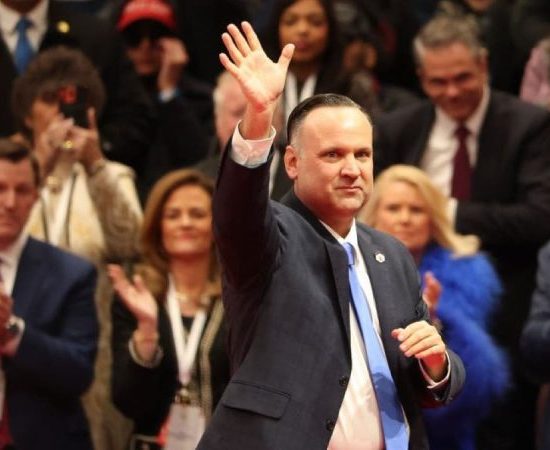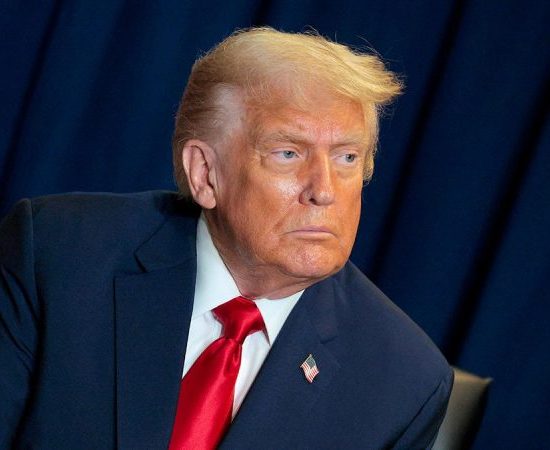White House Raises Alarm Over TikTok’s National Security Risks: A Closer Look Introduction: In a recent development, the White House has expressed growing concerns over the potential threat posed by the popular social media platform, TikTok, to national security. This revelation has sent shockwaves through the tech industry and raised questions about the safety of user data and the platform’s ties to the Chinese government. In this article, we delve deeper into the White House’s concerns and explore the implications for both TikTok users and the broader national security landscape. The Growing Concerns: The White House’s apprehensions stem from the fact that TikTok, owned by the Chinese company ByteDance, collects vast amounts of user data, including personal information and browsing habits. This data, in the wrong hands, could potentially be exploited for malicious purposes, posing a significant risk to national security. The fear is that the Chinese government could gain access to this data, compromising the privacy and security of millions of American citizens. TikTok’s Ties to China: The concerns surrounding TikTok’s ties to the Chinese government are not unfounded. China’s National Intelligence Law mandates that Chinese companies must cooperate with the government on matters of national security. This raises questions about the extent to which TikTok may be compelled to share user data with Chinese authorities. While TikTok has repeatedly denied any wrongdoing and claims to store user data in the United States, the White House remains skeptical. Implications for National Security: The potential risks associated with TikTok’s data collection practices have far-reaching implications for national security. With millions of users, including influential figures and government officials, the platform becomes a potential goldmine for intelligence gathering. The concern is that the Chinese government could exploit this data to gain insights into American citizens, potentially compromising sensitive information and even influencing public opinion. Calls for Action: In response to these concerns, the White House has taken steps to address the potential national security risks posed by TikTok. President Trump has signed an executive order that would ban TikTok in the United States unless it is sold to an American company within a specified timeframe. This move aims to ensure that user data remains secure and out of the reach of foreign governments. The Future of TikTok: The fate of TikTok hangs in the balance as negotiations continue between ByteDance and potential American buyers, including Microsoft and Oracle. The outcome of these discussions will determine whether TikTok can continue operating in the United States while addressing the national security concerns raised by the White House. It remains to be seen how this saga will unfold and what it means for the millions of TikTok users worldwide. Conclusion: The White House’s concerns over TikTok’s potential threat to national security have ignited a heated debate about the safety of user data and the platform’s ties to the Chinese government. As the clock ticks on the executive order’s deadline, the future of TikTok hangs in the balance. The outcome of this high-stakes negotiation will not only shape the fate of the popular social media platform but also set a precedent for how the United States deals with potential national security risks posed by foreign-owned tech companies.





